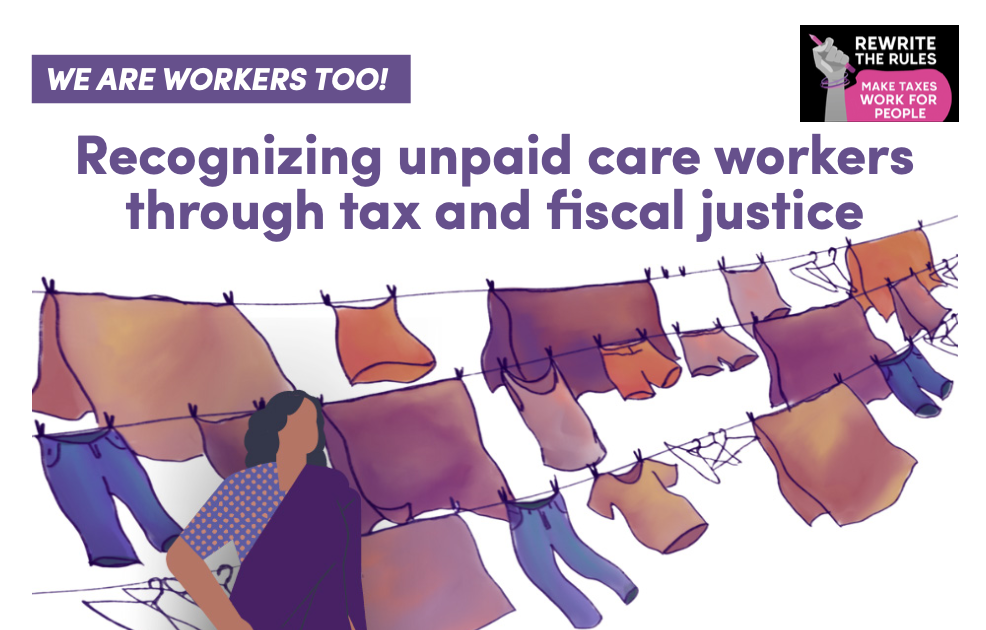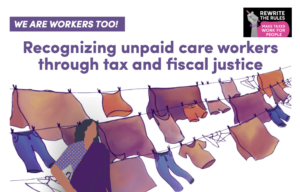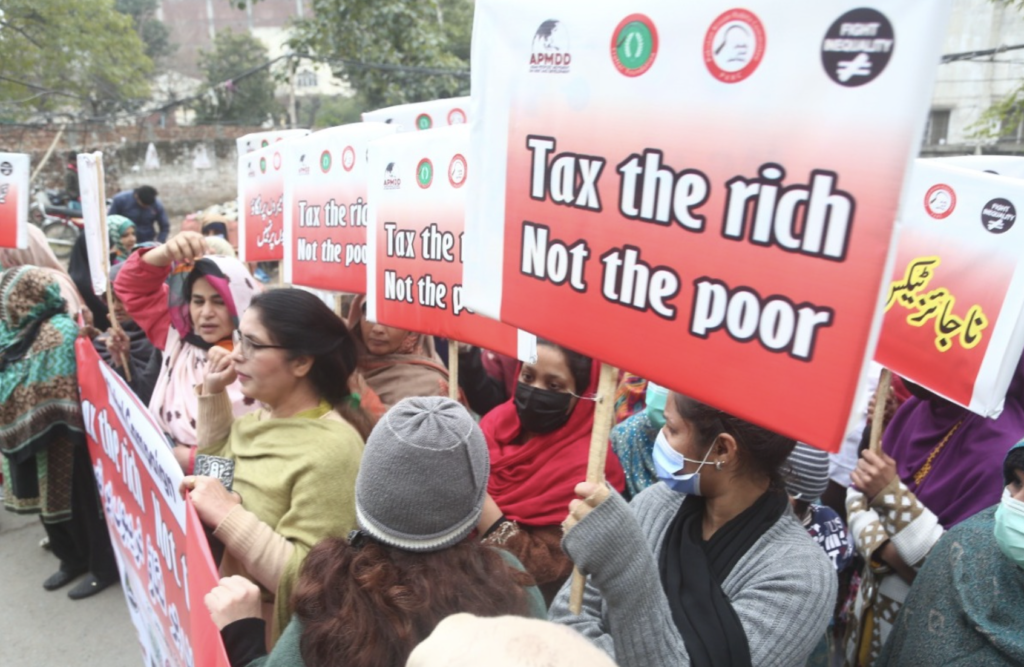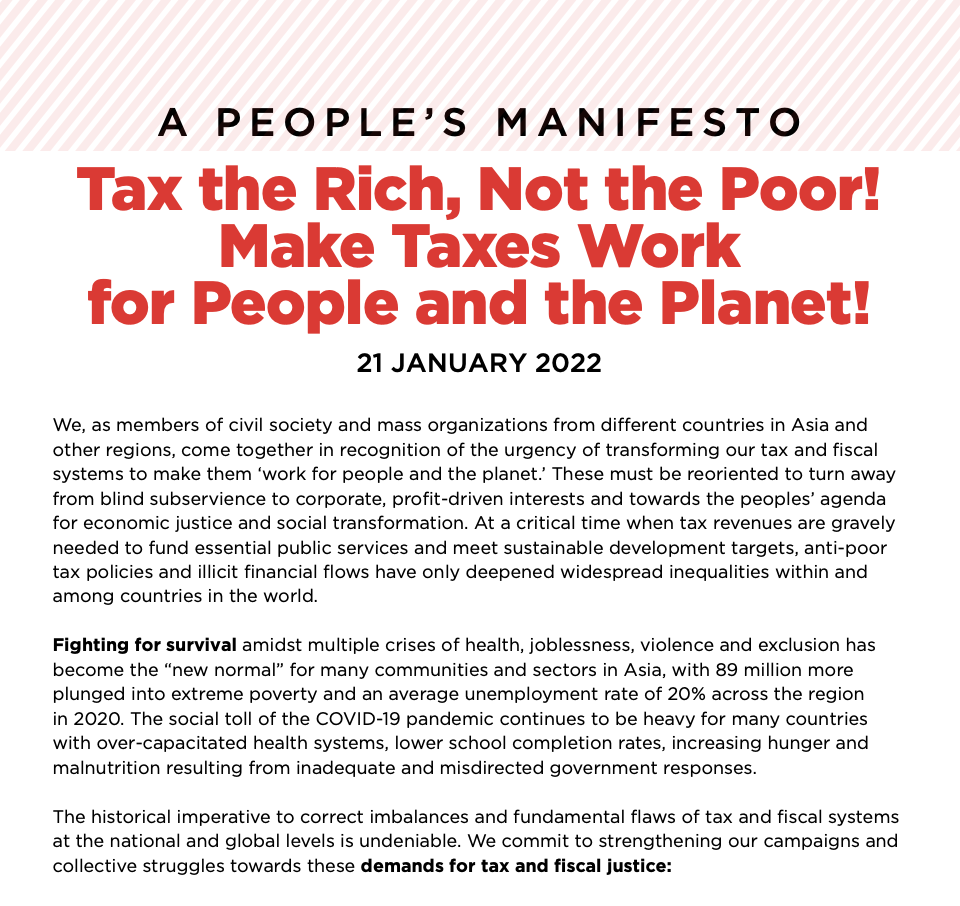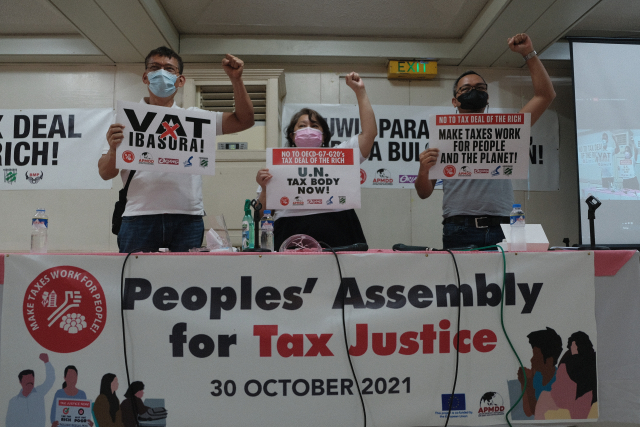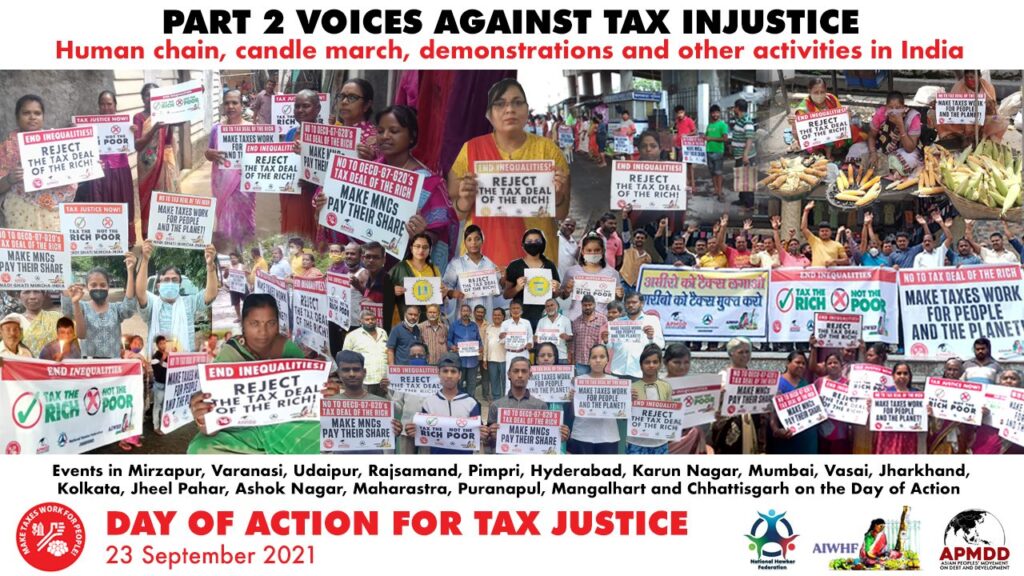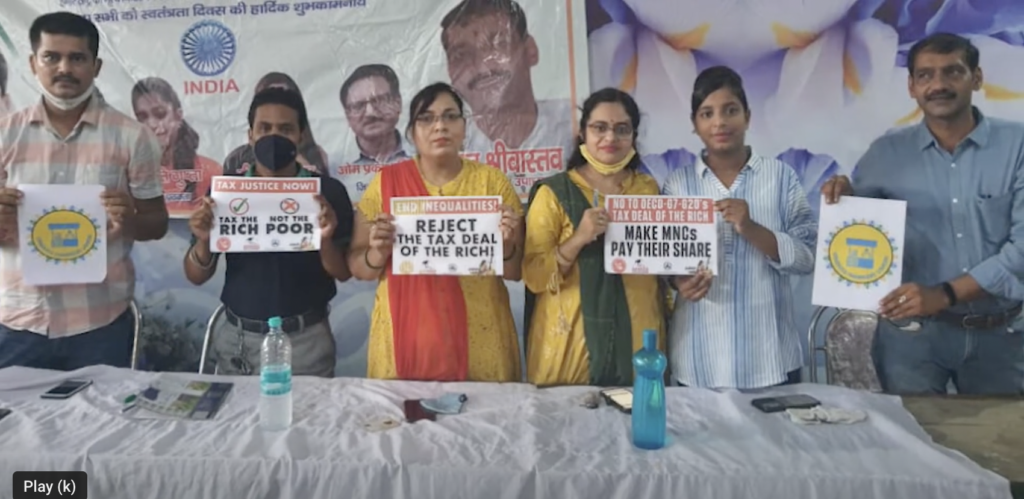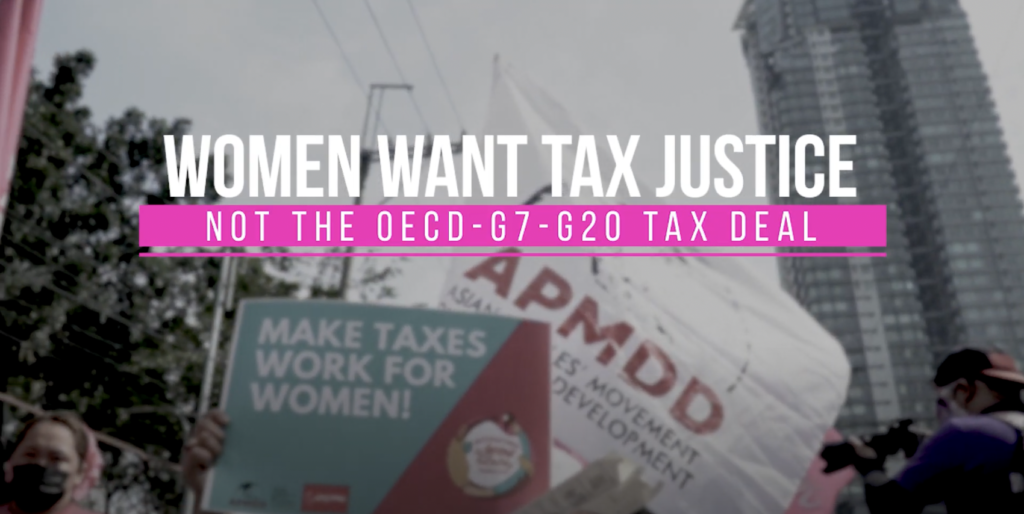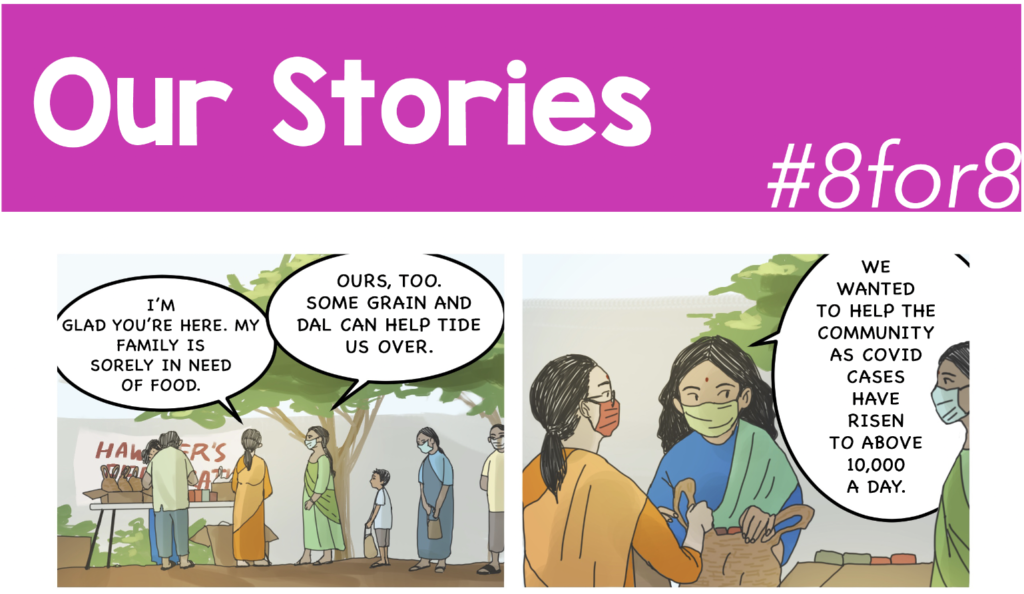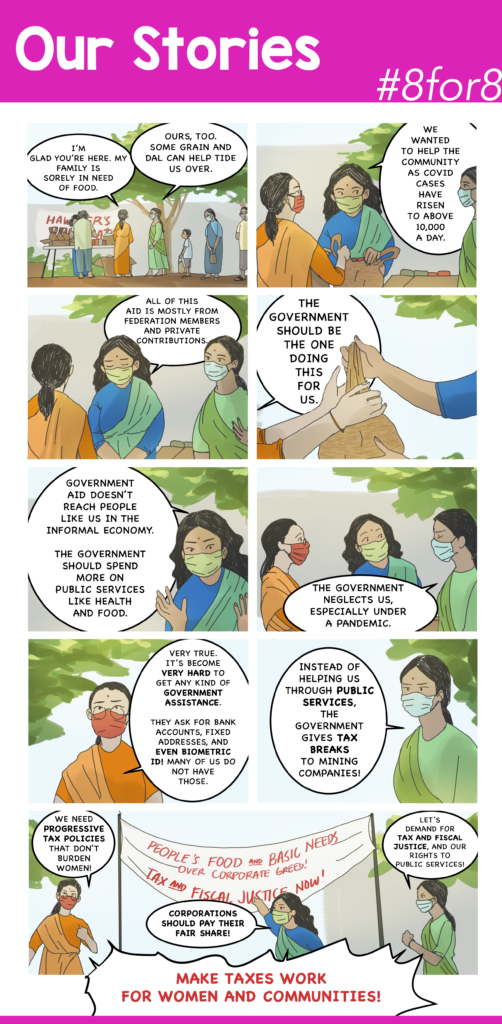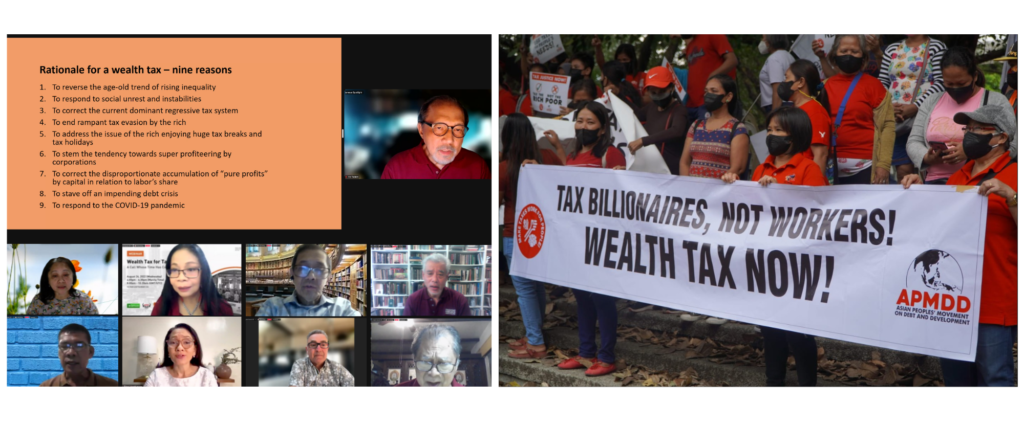

Webinar “Wealth Tax for Tax Justice: A Call Whose Time Has Come!”
As inequality and poverty grow in the Philippines, in Asia, and across the globe, so too does the call for a wealth tax.
A wealth tax is a potent tool for equality and justice. A wealth tax is a tax on the market value of assets owned by an individual taxpayer rather than on his/her income. Taxable assets may include cash, bank deposits, shares, land, real property, cars, and furniture. By taxing the wealth of high net-worth individuals and not just income, governments will be able to raise more domestic revenues for funding essential public services that are needed so urgently today.
Groups based in the Philippines calling for a wealth tax are advocating for one of the most direct ways to stem inequality by reversing the highly regressive tax system that governments across Asia have long depended on to sustain basic public services. Regressive taxes such as Value-Added Tax (VAT) and excise taxes have long been known to hit those with smaller incomes harder, and have thus helped to widen the gap between poor and rich, women and men, marginalized sectors and influential elites.


